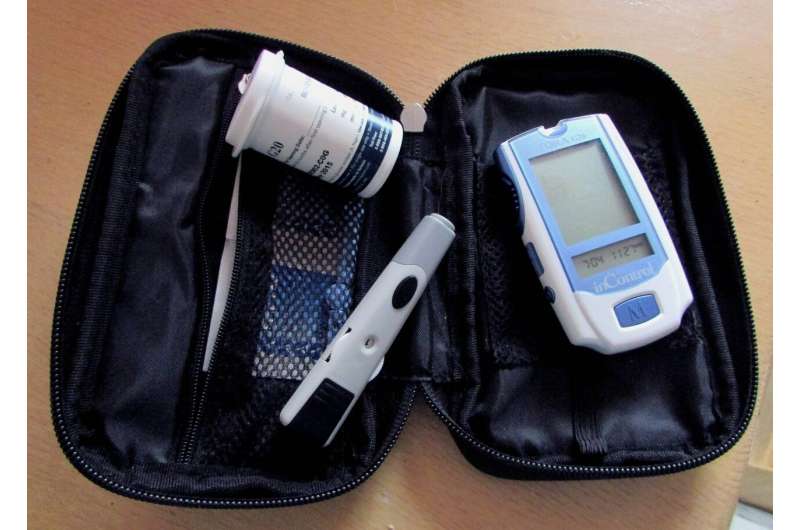, 2025-04-18 17:35:00

An Oregon Health & Science University-led study reveals that low-income adults with diabetes are more likely to go in and out of health insurance, and that insurance instability is even worse for those with complex needs.
Published in the Journal of American Family Medicine, the study examined electronic health records for more than 300,000 adults, age 19 to 64, who received care in community-based health centers between 2014 and 2019. Of these, about 39,500 lost their health insurance.
Researchers used statistical models to find out how likely people were to lose insurance.
They found that patients with diabetes were 25% more likely to lose their insurance compared with those without diabetes. Among the patients, those who had uncontrolled diabetes, more complex medication plans or complications were even more likely to lose coverage.
“It was a surprise, to be honest,” said the study’s corresponding author, Nathalie Huguet, Ph.D., an associate professor of family medicine in the OHSU School of Medicine. “We thought it would be the other way around because you would think someone with diabetes would have more active participation in health insurance.”
Insurance instability, known as churn, was identified when a previously insured patient had at least two consecutive visits to a clinician without insurance.
Huguet said it was especially concerning that many patients never regained health insurance. They found that 46% of patients with diabetes who lost Medicaid were unlikely to regain health insurance, and 61% of those who lost private insurance coverage never regained insurance.
“The really important finding was, unlike previous assumptions about people who lose eligibility, most people don’t get insurance back,” she said. “This is especially important because 25 million people were recently disenrolled from Medicaid in May 2023 at the end of the public health emergency due to the pandemic, and policymakers assumed that most of those people would find other insurance.”
The study used data through 2019, but Huguet said she is planning to look at what happened to the people disenrolled after the pandemic. Her concern is that the data showed people who most need consistent care, including people with diabetes and other complex medical needs, are more vulnerable to losing their health insurance.
“I would hope policymakers would see that they need to identify ways to keep people enrolled, or if they are disenrolled, that there is direct navigation to get them another type of insurance,” she said. “Instead of mass disenrolling millions of people, consider a slower process with support to help people find other insurance.
“States such as Oregon did a good job and did not disenroll people after the pandemic,” she added. “If we want to really control costs and keep people out of emergency rooms, we need to help people keep their insurance.”
More information:
Insurance Instability Among Community-Based Health Center Patients with Diabetes Post-Affordable Care Act Medicaid Expansion, Journal of American Family Medicine, DOI: doi.org/10.3122/jabfm.2024.240186R1 , www.jabfm.org/content/early/20 … /jabfm.2024.240186R1
Citation:
Low-income patients with diabetes are more likely to experience insurance instability, researchers find (2025, April 18)
retrieved 18 April 2025
from https://medicalxpress.com/news/2025-04-income-patients-diabetes-instability.html
This document is subject to copyright. Apart from any fair dealing for the purpose of private study or research, no
part may be reproduced without the written permission. The content is provided for information purposes only.


